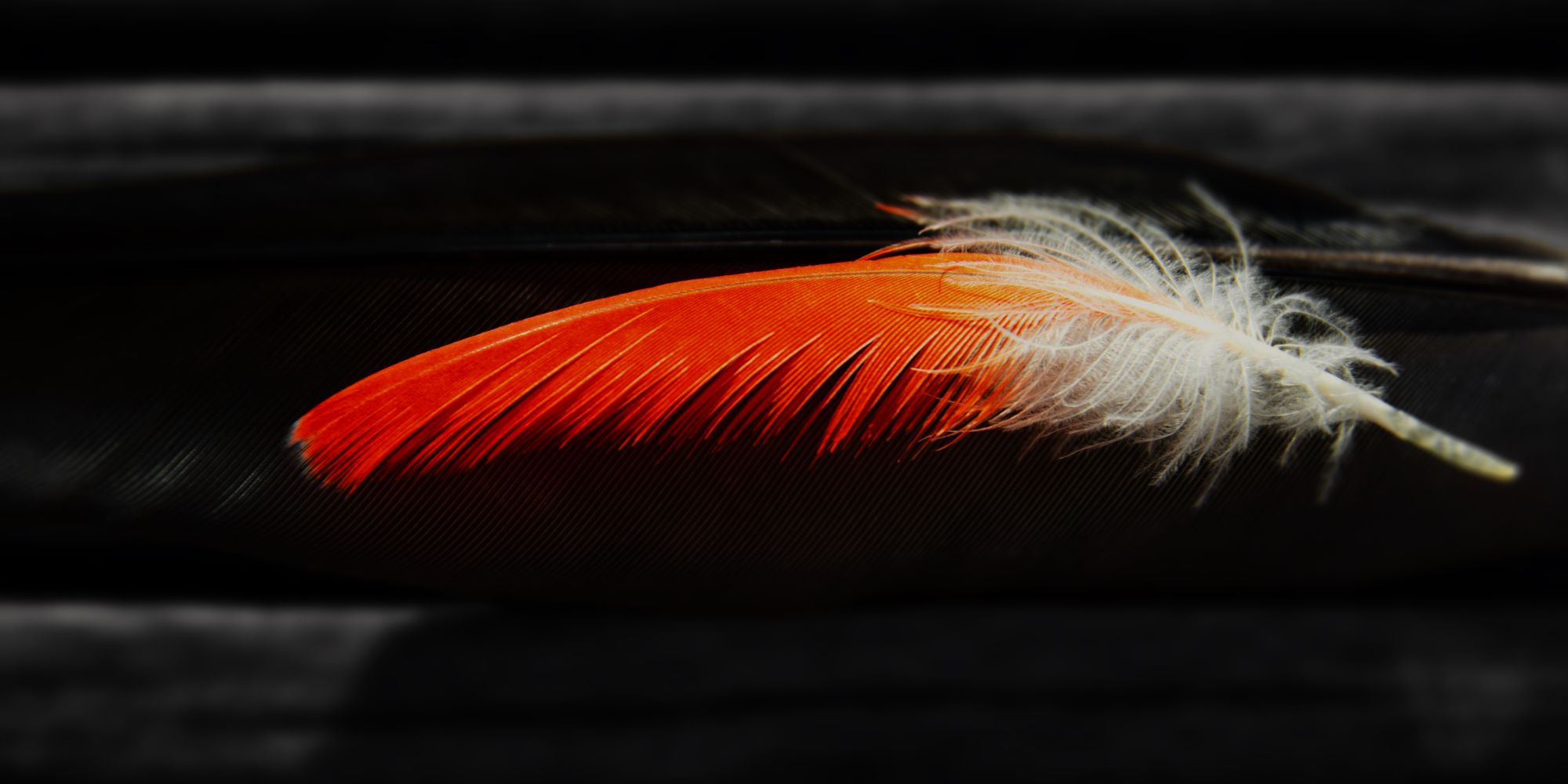
Running Commentary 11/15/2021
Hello,
I've had a pretty busy week, and if I went over everything here, today, this newsletter would be very long. So I'm gonna hold off on discussing some Star Wars stuff until next week. Check back next Monday.
Anyway...
Watching...
Shang-Chi and the Legend of the Ten Rings
As with Black Widow, I've only just seen Shang-Chi now that it's arrived on Disney+. I'll be putting together a whole review (probably) but here are my initial impressions:

- When I first saw Razorfist I thought it was Amos from The Expanse, and I spent the rest of the movie trying to figure out if it was actually Wes Chatham or not. It was not; Razorfist was portrayed by former boxer Florian Munteanu, who looks just like Wes Chatham, only taller.
- As I had heard, the fight choreography was really good...up until the end. It shares the Black Panther problem where scenes of really cool hand-to-hand combat lead up to A Big Battle. The finale was exciting, but the action was less memorable.
- Joel P. West's score was one of the better Marvel stand-alone themes.
- There's a bit in this about Xialing getting side-lined by her father which might have worked better if she wasn't also sidelined by the film itself. By rights, she ought to be the co-lead, since she's in largely the same boat as Shang-Chi.
- When I saw Death Dealer I thought he looked like Wukong from Warframe and I wondered if this was some Marvel character also based on Sun Wukong. No, apparently.
- This movie was really good technically, but I think it wound up with less heart than most of the other MCU installments.
Star Wars: Visions
We continue our watch-through of Visions with Geno Studio's "Lop & Ochō":

- This was an interesting little slice of a story. It had a more developed plot than some other Visions entries, though it ended without really resolving. I'd watch more of this if there was more of this.
- The idea of a family of psuedo-Jedi carrying on the traditions of a stranded Knight was an interesting one.
- For the first time, I'm not adding anybody from the week's Visions film to the List. I mean no disrespect to the voice actors, but I didn't see anyone in the credits which would be generally known by name from other things.
Playing...
Warframe
We've gotten some big news regarding things coming in the rest of this year, but first, the long-needed Nyx rework is here now:
- Her first ability is at least worth a go at casting now. I've tried mind-controlling an enemy and then just standing back, and they've been able to fight just fine in lower levels (I've been running void fissures mostly. Nothing Steel Path yet.) One thing I've noticed though, that's maybe a downgrade, is that, since the mind-controlled enemy teleports along with you, you can't just mind-control a tough enemy to make them stop shooting you then run out of the room.
- Her fourth ability is better than it was before. It's still not the best A.O.E. ability in the game, but it works better than it used to.
- Overall, Nyx is now a much more viable frame, but she's far from the best in the game. I'd even say Revenant is still better when it comes to mind-control gameplay. But Nyx is a lot better than she's been.
As for announcements: the New War quest will be releasing by the end of the year, if only just. In the lead up to that, DE's throwing the big Prime Unvaulting event that they've been mentioning toying with in recent DevStreams. From the free-to-play side, the event works pretty simply: rather than running missions hoping for a particular relic, each mission will yield a token that can then be exchanged for any desired relic. Basically, a layer of RNG is removed, which will be really important once all the vaulted relics are made available at the end of the event. For paying players, different tokens will be available to buy for cash, and those tokens can be exchanged for Prime gear and accessories. These won't come with platinum, like Prime Access packs do, so there's been some complaints that the premium tokens are overpriced. I'm inclined to agree, but then again I don't buy Prime Access either.
There'll be another DevStream at the end of the month, which should give us a better look at the New War.

Bird of the Week
When duckspotters go out to spot ducks, we look in the water, either out in the middle or near the edge, depending on what sort of duck they hope to spot and what time of year it is. We don't generally look up in trees. But today's bird can sometimes be seen there, sitting on stout branches. The wood duck is a duck, and it does live in the water, but they nest and perch in trees. While not as ubiquitous as mallards or Canada geese, wood ducks can be found in forested wetlands and rivers throughout the eastern United States and the West Coast. In the breeding season, drakes are the most vividly colored of all ducks in their range. The hens are drabber, though they share the same distinctive mezzalunar crest on their heads. During the non-breeding season, which, in wood ducks, is during the summer, the drakes are less vividly colored, though they retain their red bills.
Wood ducklings, like the young of other tree-cavity-nesting ducks such as hooded mergansers, leap from their nests roughly a day after hatching, landing in either leaf litter or the water, whichever waits below. Broods of wood ducks generally number a dozen or more. Predation by pike and snapping turtles means that many ducklings don't survive to adulthood. Adults are also prey for various duck-eating things, including people. Even still, improved conservation of their habitat means that their population is in the millions and growing.
Wood ducks are, self-evidently, so-called because they live in the woods. They are sometimes also called "Carolina ducks", though their range extends far beyond the Carolinas. To science, they are Aix sponsa, a name given by Linnaeus. As we now know he was wont to do, Linnaeus pulled the name "Aix" (which Google translates from Greek as "goat") context-free from Aristotle's list of birds. Actually, we know, for once, that the bird Aristotle was describing definitely was not either a wood duck or its Asian cousin the mandarin duck, as he described a diving duck, where the wood and mandarin ducks are dabblers. "Sponsa" sounds like "sponsor", as said by a Bostonian, and it shares a root: the pre-Latin "Spondeo" **which means "to pour a libation" or, more generally, "to pledge". A sponsor was originally a god-parent, and is now more broadly applied to anyone pledging to help someone else. But a "sponsa" isn't a sponsor, it's a woman pledging herself, i.e. a bride. The wood ducks, with their vivid plumage, seemed dressed in their wedding best. (Western brides only started dressing in white lace after Queen Victoria did to her wedding in 1840. Before then, there was no uniform; brides just dressed in their best clothes.)

Curation Links
Meet the Appalachian Apple Hunter Who Rescued 1,000 'Lost' Varieties | Eric J. Wallace, Gastro Obscura
Apples are a little weird, compared to crops like corn or cabbage. Apples (and many other tree-borne foods, actually) are generally grown with a sort of plant that grows strong roots and trunks having branches of a different sort that bears good fruit spliced onto it. It's all very scientific, and in recent years it's been focused on optimizing apples for the supermarket shelf, where concerns of tastiness must be balanced against concerns of shipability, shelf life, and consistency. Tom Brown, who is profiled here, is dedicated to searching the Shenandoah River Valley for older varieties before the last specimens die out.
Roko’s Basilisk | David Auerbach, Slate
"One day, LessWrong user Roko postulated a thought experiment: What if, in the future, a somewhat malevolent AI were to come about and punish those who did not do its bidding? What if there were a way (and I will explain how) for this AI to punish people today who are not helping it come into existence later? In that case, weren’t the readers of LessWrong right then being given the choice of either helping that evil AI come into existence or being condemned to suffer?"
The Autonomous-Car Chaos of the 2004 Darpa Grand Challenge | Alex Davies, WIRED
Adapted from Davies's book Driven: The Race to Create the Autonomous Car, a report on the infamously over-hyped "Grand Challenge", the race between an assortment of self-driving vehicles, some of which even made it a few miles into the course before crashing.
The Tomato Thief | Ursula Vernon, Apex Magazine
[FICTION] The Hugo Award-winning story of an old woman in the desert, whose tomato garden is the starting point of a quest to find a mockingbird.
See the full archive of curations on Notion

Member Commentary